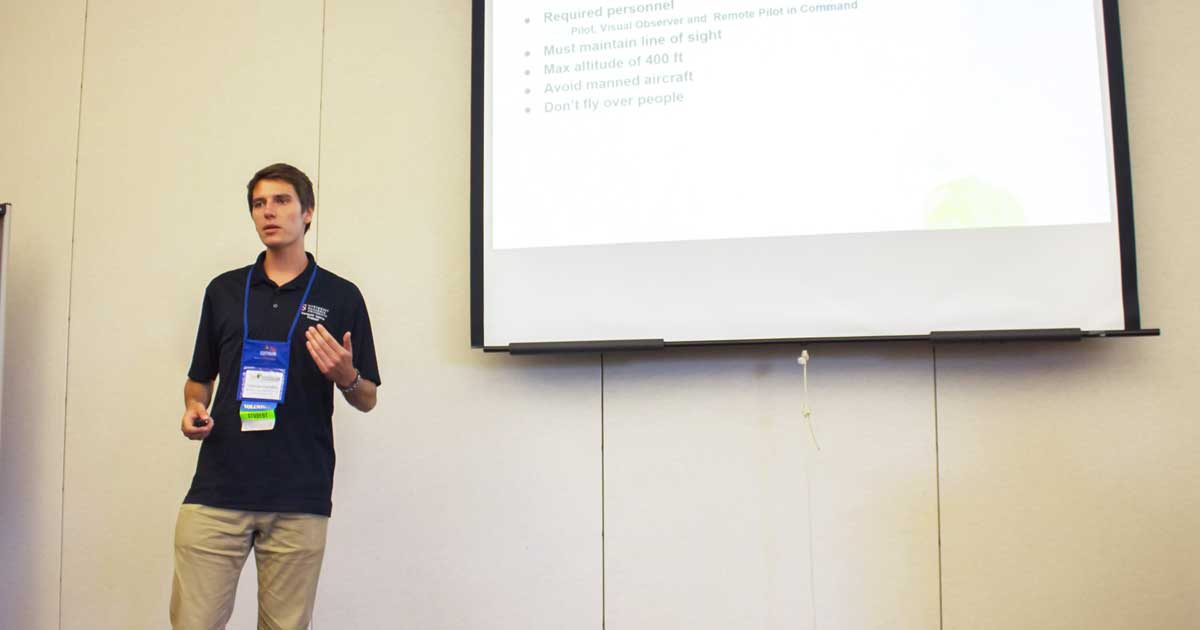Dr. Duke Bulanon
208.467.8047
engineering@nnu.edu
Semiconductor Engineering Certification (SEC)
In today’s tech-driven world, skills in semiconductor engineering are essential. Our 11-credit certificate in Semiconductor Engineering at NNU offers you the expertise to excel. With practical, hands-on courses, you’ll be prepared for any challenge in this dynamic field. Whether you want to jumpstart your career or enhance your skills, this affordable program sets you apart and helps you achieve your goals.

- 11 CREDITS in five courses, three courses at NNU and two at BSU
- PURSUE CERTIFICATE while earning your BSE degree at NNU or after already receiving an ABET-accredited bachelor’s degree in engineering
NNU’s Semiconductor Certification
In 2024, NNU launched this SEC certificate, extending our ABET-accredited Bachelor of Science in Engineering (BSE) program. The SEC provides specialized classroom and hands-on training in the areas of semiconductor materials, device physics, microelectronic integrated circuit design, process fabrication and heterogeneous semiconductor packaging. Whether you are probing and testing nanoscale transistors in the new NNU Bartlow Semiconductor Test Lab or you are fabricating these transistors in the Boise State University Idaho Microfabrication Cleanroom Lab, the SEC allows you to specialize and upskill your current or previous engineering education and experience in state-of-the-art semiconductor technology. Earning the SEC certificate signals your current or future employer to the depth of your preparation for these high-paying and highly desirable jobs.
degree details
Certificate
On Campus
The Benefits of a Certificate in Semiconductor Engineering
- $1 trillion is being spent this decade to build and equip semiconductor manufacturing factories in Idaho, the U.S., and elsewhere
- One of those new plants, opening in two years, is the $15 billion Micron DRAM chip plant in Boise, Idaho, which will hire 2,000 new engineers and technicians in the next 5 years.
- Current global instabilities and chip supply-chain shortages have created an urgency for the U.S. to boost onshore semiconductor manufacturing
- Last year the $53 billion CHIPS Act was enacted to assist U.S. semiconductor companies in building new onshore production
- Being more globally competitive and securing the American chip supply chain will be accomplished by students like you
- Become a part of a highly talented U.S. workforce that will provide a higher quality of life and help solve the world’s most compelling energy, environmental and health challenges
Additional Information About the Seminconductor Engineering Certification Program
List of Courses
Courses (11 credits)
- ENGR 4300 Semiconductor Devices
- ENGR 4300 L Semiconductor Devices Testing Lab
- ENGR 4210 Microelectronics
- BSU ECE 440/L Introduction to Integrated Circuit Process and Lab, in the Idaho Microfabrication Lab cleanroom
Application Requirements
Application for the Semiconductor Engineering Certificate (SEC) is done internally. To apply or find out more, please contact Dr. Stephen Parke at sparke@nnu.edu.

Career Paths with a Certificate in Semiconductor Engineering
A world of opportunities awaits you in the field of engineering. From designing cutting-edge technology to revolutionizing communication, your skills will be in high demand across multiple industries. Join the journey towards a brighter future!













